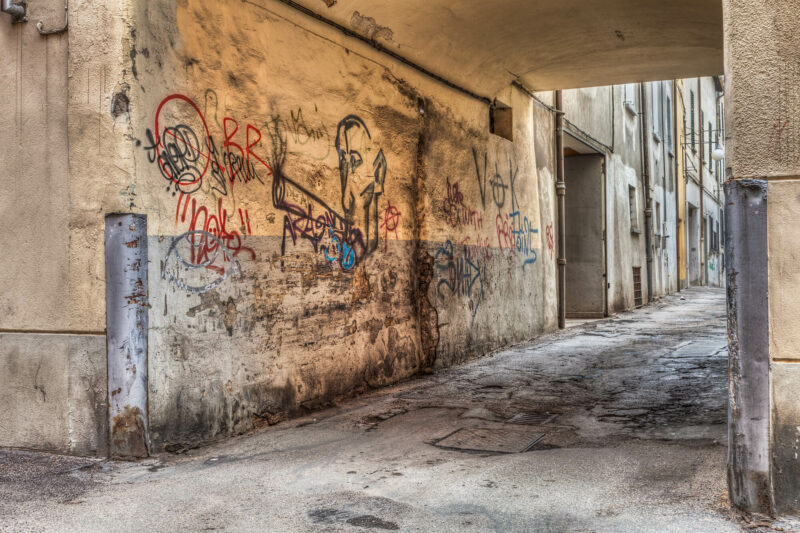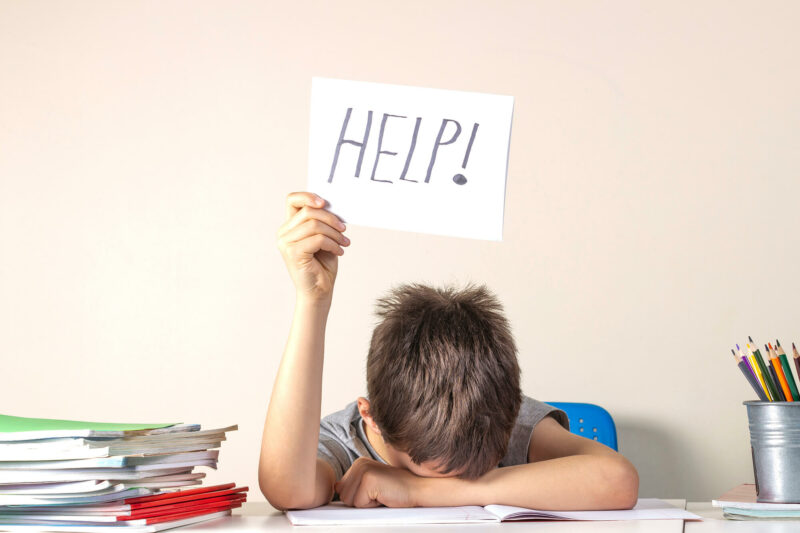Babysitting can be dangerous for teens, but not the kind of babysitting you might be thinking of. “Babysitting” is a term used to describe kids looking after or “babysitting” friends when those friends have over-indulged in drugs or alcohol. At first, babysitting may seem like a good idea. Kids are thinking of someone else. They are concerned about their friend’s welfare, but overall, it’s a decision that can change lives forever, and not for the best. Most of the time, babysitting ends up ok, that is nothing terrible happens. Unfortunately, that is not always the case. When we see babysitting go wrong, it ruins lives forever.
Myths about babysitting
Most kids think of their friends as more than just friends. To them, they are family. They love their friends and want their friends to trust them and be happy. And most kids would do anything in their power to keep their friends safe. The problem with babysitting is that it seems like a good and kind thing on the surface, but really, it’s extremely dangerous.
Most kids who choose to babysit think they are protecting their friend. They don’t want their friend to suffer anything life-threatening from drug or alcohol use, so they stay with their friend to keep tabs on them and make sure nothing happens. The problem with this misbelief is that teens, even if they are present in an emergency, don’t necessarily recognize the danger their friend is in. Not only that, they don’t always know what to do in that emergency.
Some may think that by keeping their friend’s behavior secret they are respecting their friend or being a good friend. A good friend is someone invested in your success. Letting a friend suffer dangerous consequences of alcohol and drug involvement is not looking out for their best interests. This lack of understanding can be deadly.
The truth about babysitting
Teens need to know that sometimes supporting, loving, and helping a friend with happiness and safety means bringing in qualified professionals who can help. By asking for help, your teen is being strong, responsible, and a good friend. They are invested in their friend’s success and well-being. And they are getting their friend the help they do need in an emergency, help from adults who know safe and effective ways to handle the situation.
Lives are affected forever
No one wants death to come from drug and alcohol abuse, especially for teens. But the negative effects of babysitting go beyond the teen who suffers the physical consequences. Babysitting can cause depression, anxiety, and other negative consequences on the babysitting friend.
Kids feel guilty, and they can blame themselves for what happened to their friend. “If only I had told someone. If only I had said something different. It’s my fault that my friend died.” These thoughts can haunt kids for the rest of their lives, and the guilt can cause permanent damage to the heart and mind of the friend who only did what they thought was best.
That’s one reason it’s so important for kids to know what really is best in a situation like this. They should get an adult involved.
Kids don’t have the knowledge or experience to help a friend who is in physical or emotional danger. It can be hard for teens to admit it to themselves, but sometimes they are in way over their heads.
Kids may fear their friend will get mad at them, but here’s the good news. That friend will still be alive to feel that way. That may not be the case if a young person chooses to babysit their friend.
What can an adult do?
All this may be great, but what can adults do about it? If kids are babysitting their friends, parents and teachers won’t know what is going on. Don’t be fooled. Adults are not powerless in this area. The key is talking to kids before they find themselves in a dangerous situation.
1. Talk to your child about the realities of drug and alcohol use.
Be real about what could happen to someone who consumes drugs or alcohol. Make sure your teen knows that death is possible. For them and their friends. Many kids have the attitude “it will never happen to me.” Shock and trauma come when it does, in fact, happen to them. Share real stories with your teen, even ones with unhappy endings, an do so with honesty and without sensationalizing them. Don’t sugarcoat events on the news or community events. When you help your teen face the dangerous realities of drug use and abuse, you are bringing a much-needed dose of reality to your teen’s way of thinking.
2. Let your teen know it is safe for them to come to you for help.
No one wants their child to get into trouble when it comes to drugs and alcohol. But if your teen chooses to walk that high wire, wouldn’t you rather they do it with a net beneath them? Make an agreement with your teen. Agree that if they ever call you for help in a dangerous situation, you will not judge or criticize them but will come to their aid.
That’s not to say you should let that kind of behavior go unaddressed or unpunished. But set aside your anger and disappointment during the situation and let your teen know you will help, no questions asked. Knowing “the talk” won’t come until the next day might be just enough to dissolve your teen’s fears of reaching out to you. And at the risk of sounding melodramatic, your help really can mean the difference between life and death for your teen or one of their friends.
3. Give your teen emergency resources.
Not every teen will feel safe coming to a parent or teacher when their friends are in danger. Despite your best efforts, your teen may not feel comfortable coming to you if they find themselves or one of their friends in danger. At times like that, a hotline can help. Teens can contact safe2tell, textatip or another hotline (National Youth Crisis Hotline: 1-800-448-4663, National Suicide Prevention Lifeline: 1-800-273-TALK (8255)) 24 hours a day. Make sure your teen knows these numbers and that they have them in their phone’s contacts.
4. Parents and Schools should work together.
Resources do exist to educate kids about the dangers of drug and alcohol use as well as those of depression and suicide. BASE is one of those programs. Statistics show that kids who have had education on suicide prevention are more likely to come to an adult in a dangerous situation. Parents, make sure your teen’s school has a program like this in place. And if they don’t, advocate for one. Schools do listen to parents, and having a program in place can mean the life or death of a student in your teen’s school. Teachers, use the programs that your school offers. And when you can, involve families in the SEL process.
Take action now
Thinking about these things can feel overwhelming. No one wants to imagine that their child or their child’s friends will ever be in a life and death situation. The fact is each year approximately five thousand teens die due to alcohol-related deaths. Kids should not be dying, and other kids should not feel responsible when they do.
Educating teens is key to helping them make the right decisions, even during dangerous times. When they understand what babysitting is, what dangers it holds, and they see another path they can choose, our kids will make better decisions that may save their life and the lives of others.



